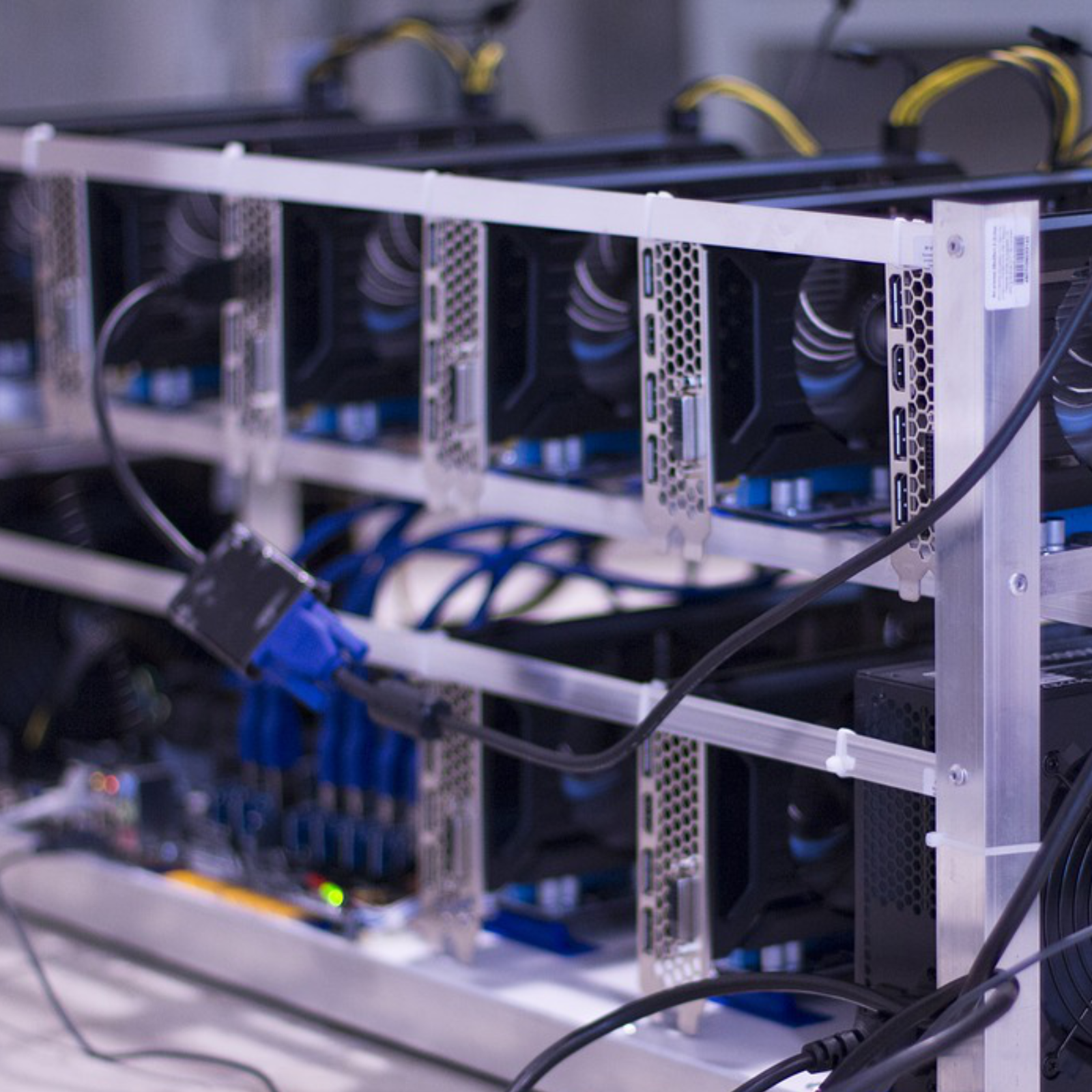
In the current crypto bear market, miners have been battered due to the depreciation of digital assets, leaving many operations struggling to generate profit. In some cases, miners have been forced to exit the business altogether. In their absence, a number of experienced miners are capturing the bulk of the market share, according to one expert.
Also read: Federal Agents Told This Silk Road Moderator to Fake His Own Death
Crypto Winter Is Taking Its Toll
 This year, a number of mining operations have closed globally and around tens of thousands of mining rigs have been shut down in China. However, the bear market has ignited a wave of creativity among resourceful market participants, allowing their mining operations to thrive by capitalizing on new cost-efficient strategies.
This year, a number of mining operations have closed globally and around tens of thousands of mining rigs have been shut down in China. However, the bear market has ignited a wave of creativity among resourceful market participants, allowing their mining operations to thrive by capitalizing on new cost-efficient strategies.
Matt D’Souza, co-founder of Blockware Solutions and a consultant at KPMG based in Chicago, also operates one of the largest mining pools for Aion Network. D’Souza acknowledges that while the bear market has caused many facilities to close shop, experienced miners are getting creative and capturing greater market share.
It is the miners who built inefficient and large indoor facilities a few years ago and bought mining rigs Q3 2017 – Q2 2018 that are in trouble. D’Souza explains that the mining market participants currently going out of business most likely purchased rigs and signed hosting contracts between Q4 2017 and Q2 2018 while BTC was trading over $9,000. Within that timeframe, S9s sold for over $2,000, and a two-year hosting contract averaged $120+ per S9 per month.
Survival of the Fittest
 According to Blockware in the U.S., under current market conditions the going rate for hosting an S9 is between $60-75 per month, depending on the number of units. “It is just like every market cycle – the inefficient get wiped out but innovative participants observe the incumbents’ mistakes, run lean, cost-efficient operations, and establish long-term competitive advantages. Our mine will be able to still thrive at [a BTC price of] $1,500,” said D’Souza.
According to Blockware in the U.S., under current market conditions the going rate for hosting an S9 is between $60-75 per month, depending on the number of units. “It is just like every market cycle – the inefficient get wiped out but innovative participants observe the incumbents’ mistakes, run lean, cost-efficient operations, and establish long-term competitive advantages. Our mine will be able to still thrive at [a BTC price of] $1,500,” said D’Souza.
On average, solo miners pay $0.13+ per kWh to run their rigs at home or anywhere with residential rates. According to Blockware, miners have been able to reduce their total costs by over 40 percent during the BTC correction by contracting with a hosting facility and locking in a $0.06- $0.07 per kWh rate.
“Miners locking in a two-year hosting contract at present market rates is analogous to a value investor purchasing BTC at $3,500 with a two-year outlook. They are locking an average rate of $60-$75/month per S9 and paying $265-$340 for the mining rigs they purchase: these hosting rates and mining rigs prices are only available during a suppressed market,” said D’Souza.
It is important for new or expanding mining operations to calculate capital expenditures which include the cost of facility build-out and procurement of mining rigs, as well as the operational expenditure of running mining rigs which is primarily a function of electricity rate and capacity.
Geopolitics and US-China Tariffs
Another key factor is that with most mining rigs coming from China, geopolitical tariffs have become a critical consideration. According to Blockware, several large American miners purchased thousands of new S9s at bulk discounted rates preemptively in anticipation of the enforcement of U.S.-China tariffs. However, their facilities and energy capacity have not grown at the pace expected at the time those purchases were made.
“As devastating as this Bitcoin bear market has been, we are optimistic that many large self-mining facilities, hosting facilities and individual miners will survive and radically prosper if and when the market recovers as we believe it will,” concluded D’Souza.
Do you think more miners will be forced to drop out before prices start to recover? Let us know in the comments section below.
Images courtesy of Shutterstock.
Need to calculate your bitcoin holdings? Check our tools section.
The post How Crypto Miners Are Adapting to Survive the Bear Market appeared first on Bitcoin News.
Powered by WPeMatico
